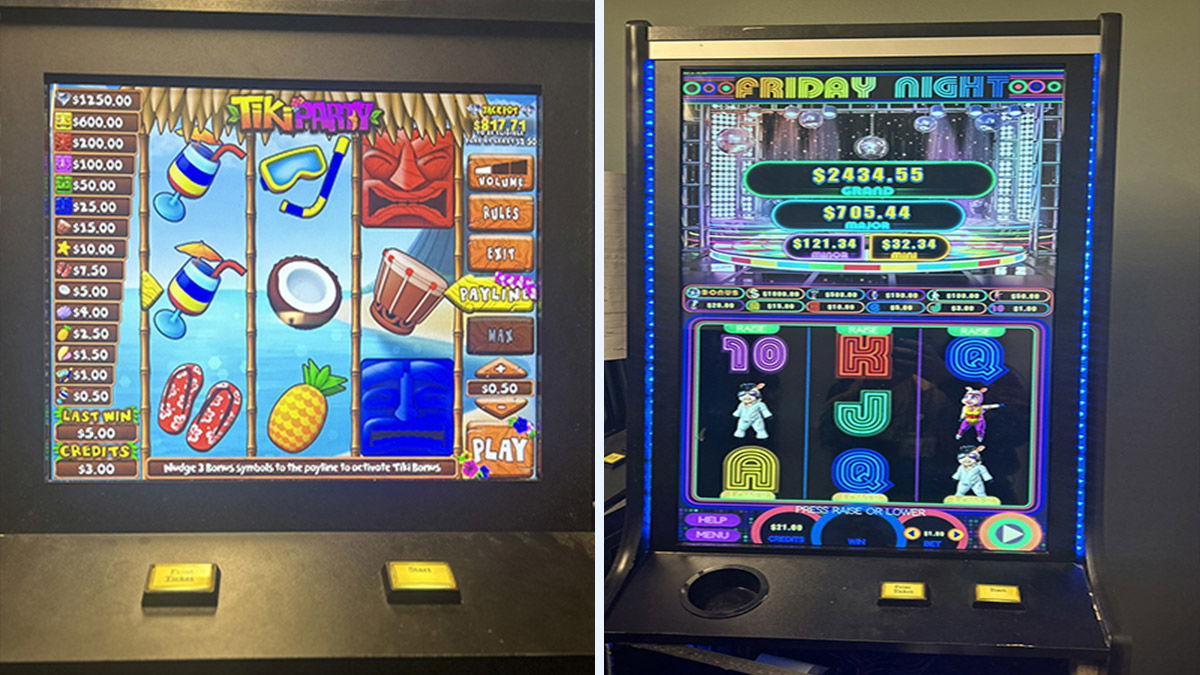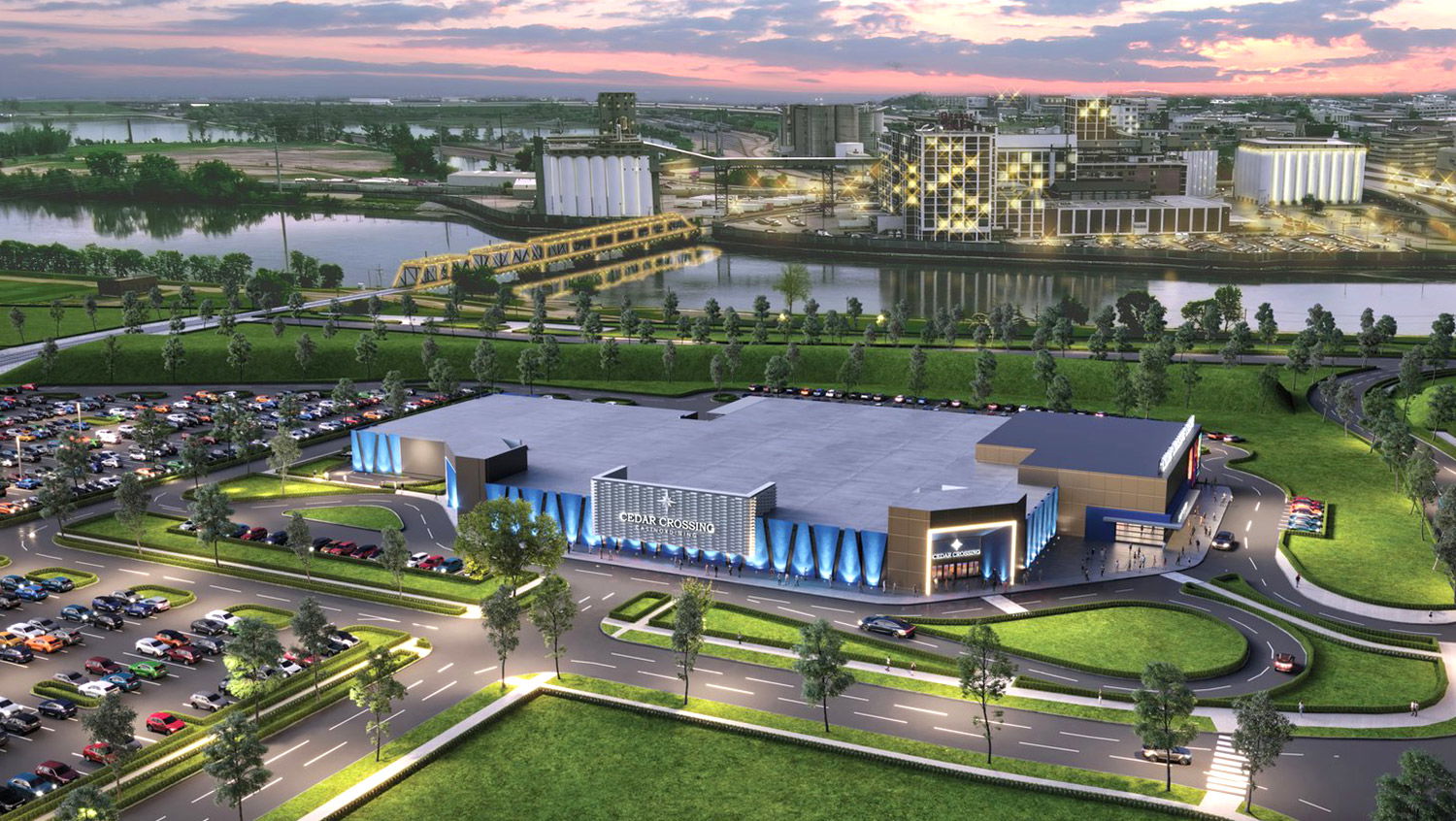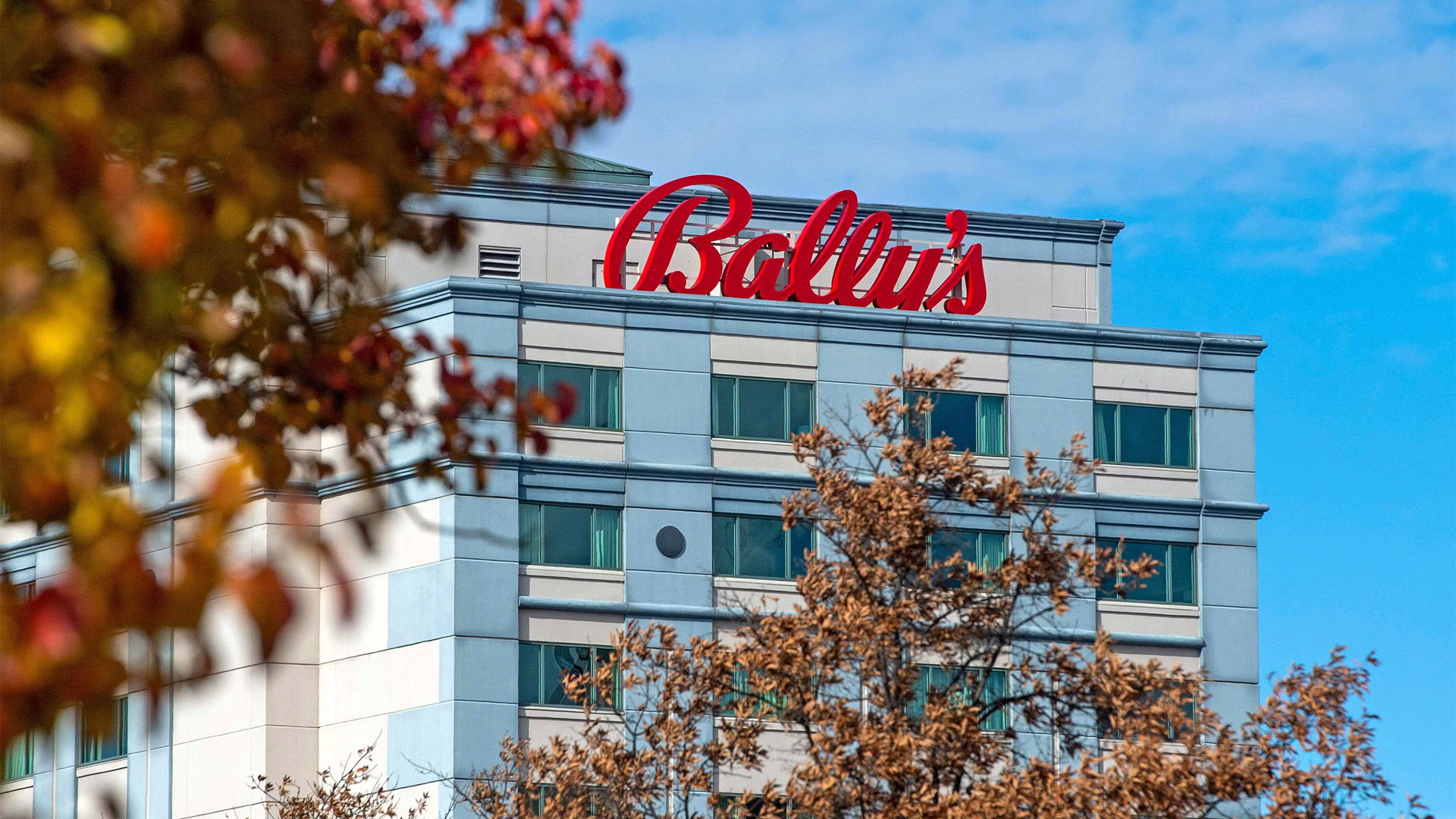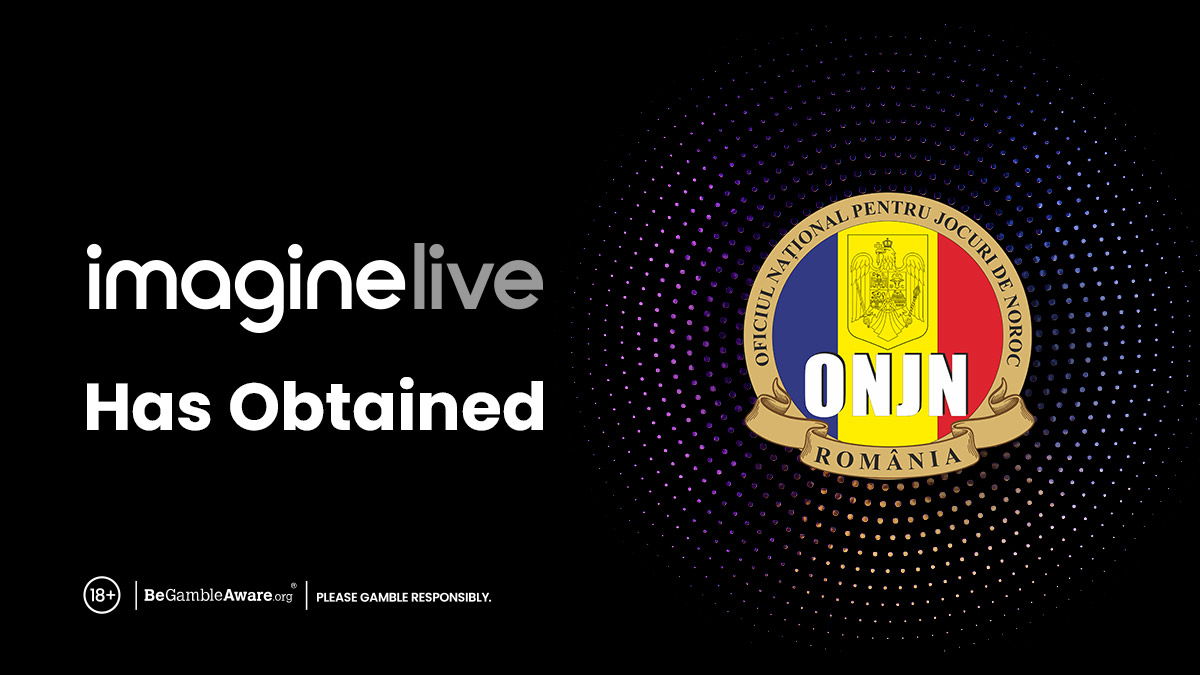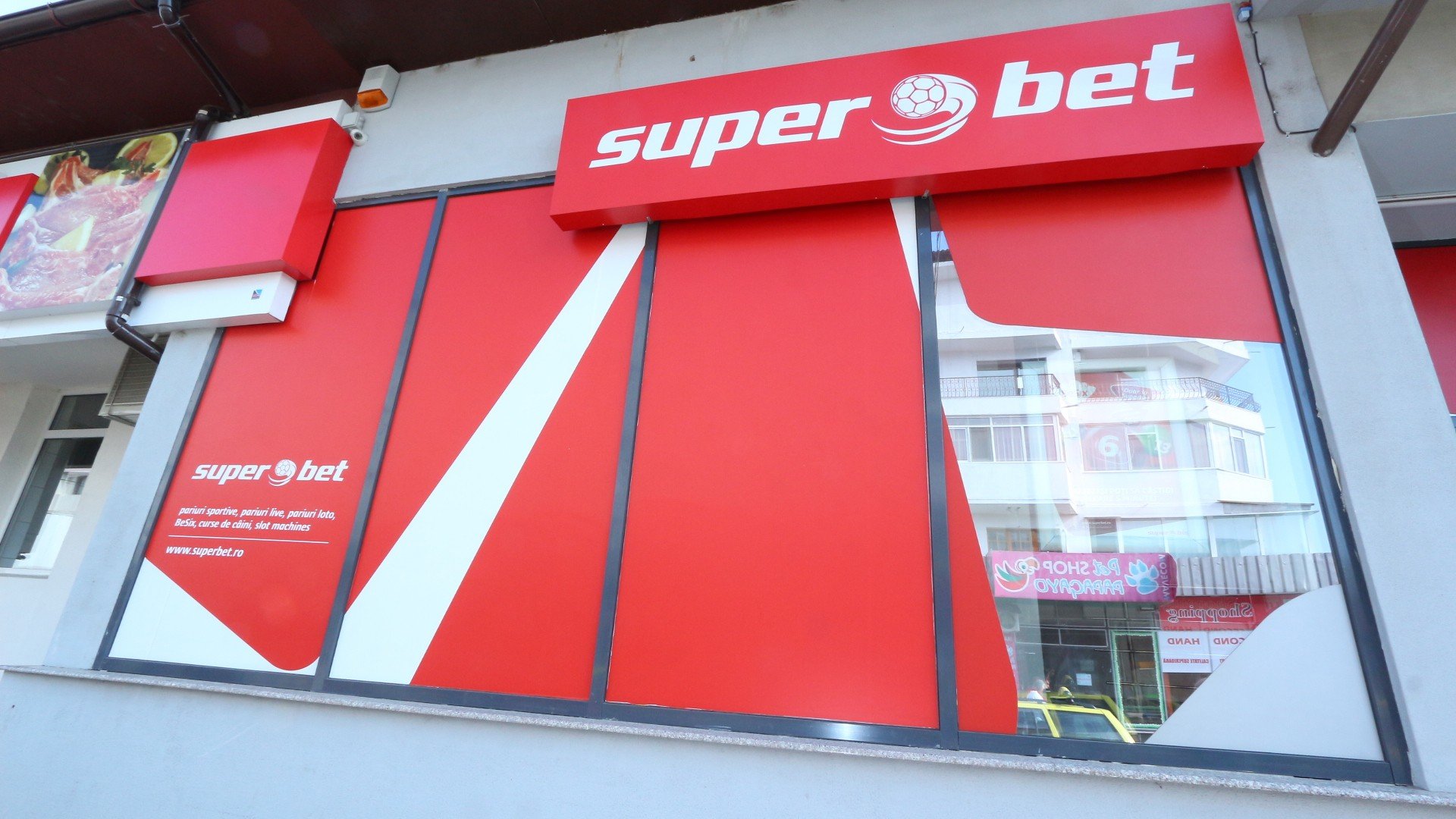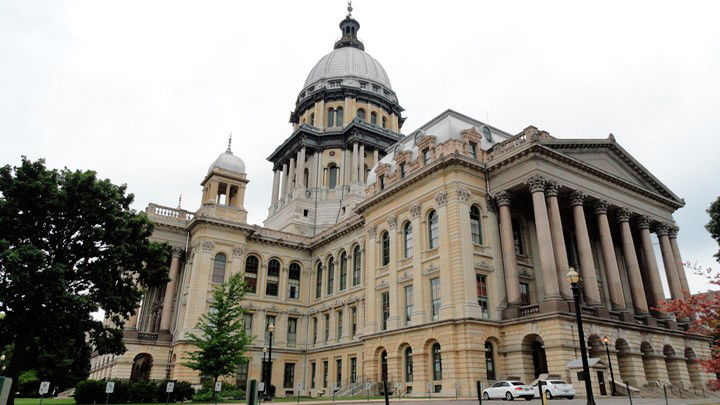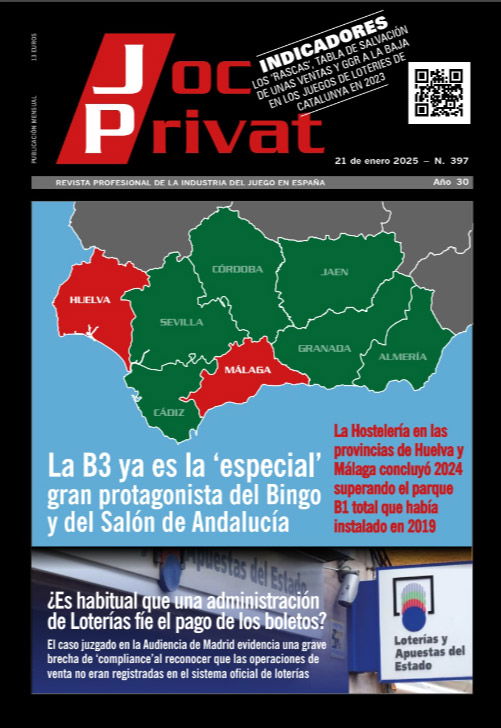Pennsylvania casinos donate $27M to charity; employ over 40% female and minority workers during FY22
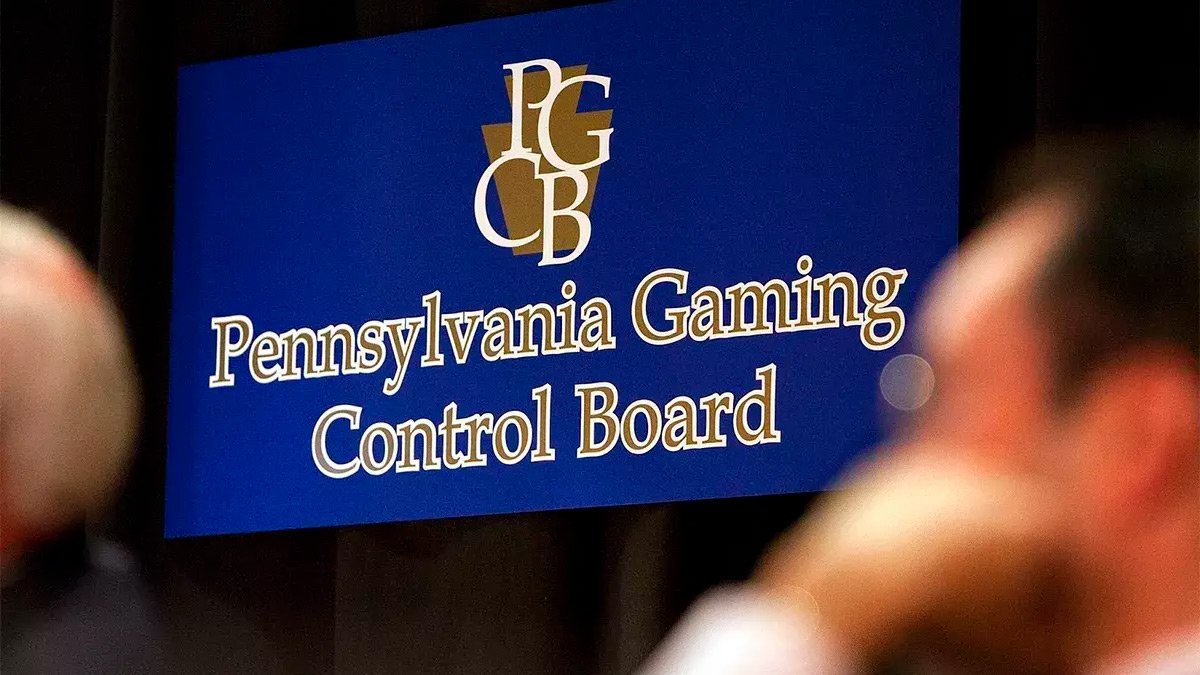
The Pennsylvania Gaming Control Board has released its 15th Annual Diversity Report, which provides “a description of each casino’s activities” related to the implementation of their diversity plans. According to the release, residents of the Commonwealth consisted of 89% of the casinos’ workforce, which amounted to 14,829 individuals as of June 30. Approximately 43% of the employees were female, and 40% of those employed at the venues were racial minorities.
The report further indicates that executive/management/professional staff at the state’s casinos were 3,270 individuals. Of this total, 36% were female, and 26% racial minorities. Pennsylvania’s land-based casino industry consists of six racetrack (Category 1) casinos, five stand-alone (Category 2) casinos, two resort (Category 3) casinos, and three mini-casinos (Category 4). Expansion is underway with anticipated openings of two more Category 4 casinos.
According to the Board, since 2006, the casinos have donated well over $174.1 million towards corporate social responsibility causes and charitable activities. Charitable donations for the FY21/22 period hiked to $27.3 million, considerably above the $12.2 million donated the previous fiscal year.
The PGCB says the casinos have spent the past two years navigating significant obstacles resulting from the Covid-19 pandemic, in an effort to maintain viable business operations. “Post pandemic, the casinos are redesigning best practices and developing new alliances,” the Board said. “As the casinos emerge from the pandemic fully revitalized and, on the move, they have encountered a highly competitive labor market, shifts in employee expectations, and other economic disruptions that continue to impact the overall employee total.”
According to the report, as Pennsylvania’s gaming industry has developed over the years, diversity, equity and inclusion “have remained at the forefront of the PGCB’s mission,” and notwithstanding changes to gaming acts, casino ownership, casino executive management, or within the PGCB, these pillars have been and continue to be “an ongoing noteworthy achievement of the entire industry.”
The Board noted the state’s casinos “remain steadfast in their commitment to vendors and gaming service providers,” despite ongoing supply chain challenges and the current economic and business environment. “The relationship between casinos and service providers established during the pandemic has resulted in the formation of specialized purchasing strategies and cost solutions that ensure viability, flexibility, and marketability,” the PGCB claims.
Moreover, the casinos continued to support organizations that promote supplier diversity and economic empowerment during the period analyzed, such as the Minority Supplier Development Council, the Women’s Business Enterprise Center East, the Pennsylvania Department of Community & Economic Development, and the Pennsylvania Department of General Services’ Bureau of Diversity, Inclusion & Small Business Opportunities.
“Philanthropy and community outreach remain a priority for the casinos,” stated Mozelle E. Daniels, Director of Diversity at the PGCB. “The casinos have consistently given support to organizations that provide food and shelter to those in need, medical research and treatment, educational programs and training, scholarships, historical preservation projects, event sponsorships, matching gifts, disaster relief, and public safety.”


